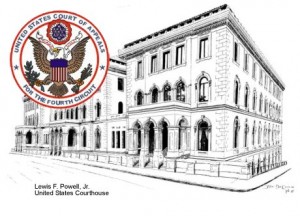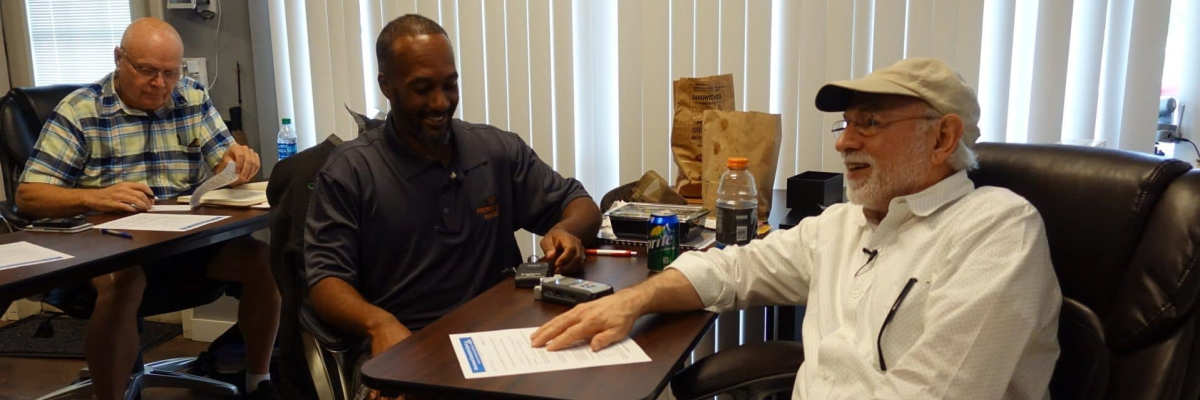 By: Michael H. Payne & Maria L. Panichelli
By: Michael H. Payne & Maria L. Panichelli
The False Claims Act (“FCA”) is a law that contractors must take very seriously. What many contractors fail to realize is that the reach of the FCA goes beyond the filing of fraudulent contract claims. In fact, it seems as though the government is actually searching to find new and interesting theories of application. This time, however, the Fourth Circuit might have pushed the expansion of the act a little too far, as the contractors damaged in a recent case are now attempting to appeal the Court’s decision to the Supreme Court.
On June 24, 2013, Halliburton and KBR, Inc. petitioned the Supreme Court, asking the Court to review the United States Court of Appeals for the Fourth Circuit’s March 18, 2013 opinion in United States ex rel. Carter v. Halliburton. The Halliburton case involved an individual who was employed by a government contractor, which was engaged to build water purification units at two Iraqi camps. This employee ultimately initiated a qui tam action, alleging that his government contractor-employer engaged in various forms of misconduct in violation of the FCA, including improper and fictitious billing of the government. If true, the contractor could be subject to very substantial penalties. However, because the employee-plaintiff filed his qui tam action after the six year limitations period imposed by the FCA (31 U.S.C. § 3731(b)) had run, the District Court dismissed the complaint as untimely.
In overturning the District Court ruling, the Fourth Circuit found that the Wartime Suspension of Limitations Act (“WLSA”) tolled the statute of limitations applicable to FCA qui tam actions while the Country is at war, and for an additional five years after. The Court further held that the WLSA tolled the statute of limitations even when the government declined to intervene in a qui tam case. Reasoning that the goal of the WLSA was to root out all fraud perpetrated against the United States during times of war, the Court concluded that WLSA served to toll the statute of limitations for “all offenses involving fraud against the United States.”
The take away lesson here is that, unless and until the Supreme Court overturns this decision, the statute of limitations for all FCA actions has been drastically extended. Because the Halliburton holding states that the WLSA tolls the statute of limitations not only during wartime, but for five years after, contractors are looking at limitations periods that will not expire until long after the conflicts in Iraq and Afghanistan have concluded. That is true even for those claims that arose in the first years of our overseas involvement. In other words, contractors could remain vulnerable to potential FCA suits for many years into the future, even with respect to (mis)conduct that occurred at the beginning of the US’ Middle Eastern engagements, over 12 years ago. Moreover, while the Halliburton case itself dealt with a qui tam claim, made in connection with a military-related contract, the broad language used in the opinion does not limit its holding to such cases. Halliburton will likely be interpreted as suspending the statute of limitations period for all FCA claims brought during “wartime,” no matter the nature of the underlying contract.
In the wake of this decision, all contractors would be wise to take every possible precaution to avoid misconduct that is (or may become) actionable pursuant to the FCA. It is vital that contractors be aware of the FCA, and all of its expanding applications, and contractors should work with legal professionals to ensure that sufficient controls are in place to avoid any inadvertent FCA violations.
Michael H. Payne is the Chairman of the firm’s Federal Practice Group and, together with other experienced members of the group, frequently advises contractors on federal contracting matters including bid protests, claims and appeals, procurement issues, small business issues, and dispute resolution. Maria L. Panichelli is an Associate in the firm’s Federal Practice Group. To view the original post click here.

